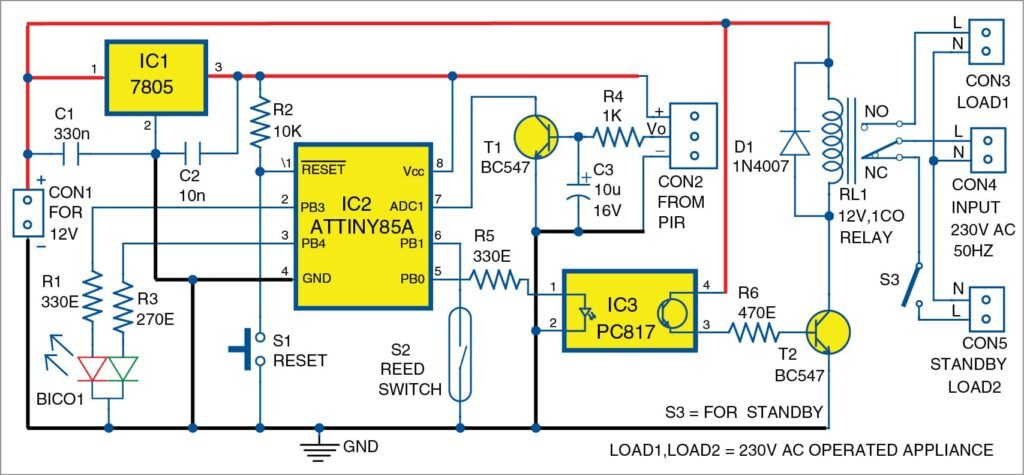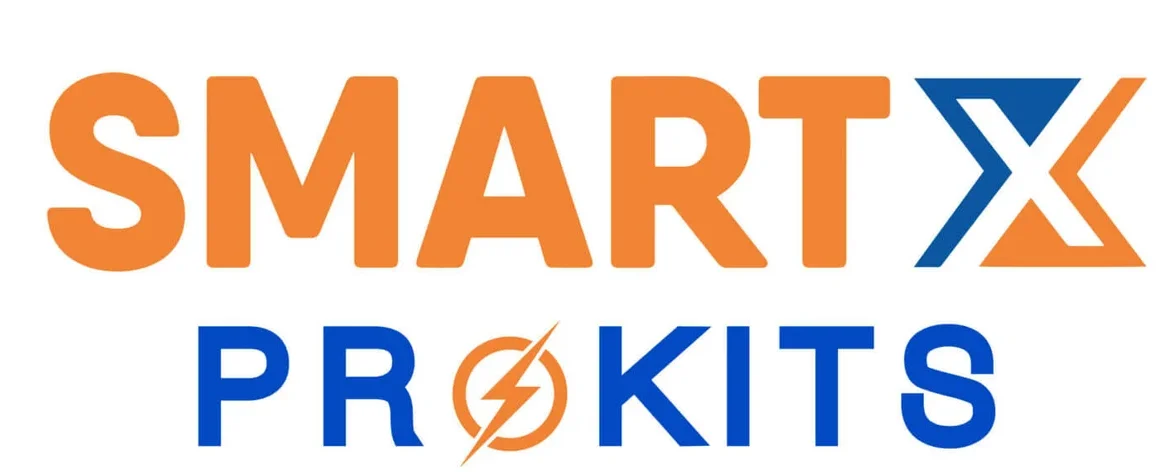Low Voltage Smart Light Power Design – Simplified!

⚠️ The Problem :
Smart lighting systems often run on low voltages (3.3V or 5V) for safety and energy efficiency. However, powering them directly from a 12V adapter or battery without regulation can overheat or damage the LEDs, microcontrollers, or sensors.
🛠️ The Solution :
Use a buck converter or a linear voltage regulator to step down the voltage safely. Adding a current-limiting resistor ensures the LED doesn’t draw too much current. For switching control, a MOSFET helps manage power efficiently.
💡 Practical Example :
Say you want to control a 5V LED strip with a microcontroller and power it using a 12V adapter. You can use a buck converter to drop 12V to 5V, and a logic-level N-channel MOSFET to switch the LED strip via a GPIO pin.
🧮 Sample Calculation :
If your LED strip requires 500mA at 5V:
Power = Voltage × Current = 5V × 0.5A = 2.5W
Ensure your buck converter supports >2.5W and your MOSFET’s R<sub>DS(on)</sub> is low to reduce heat loss.
🛒 Product Suggestion :
Pick up MOSFETs and buck converters made in India here:
Shop now at SmartXProKits.in
🇮🇳 Support our work and India’s innovation—buy from our Make in India site!




















